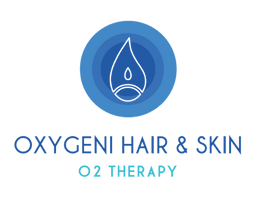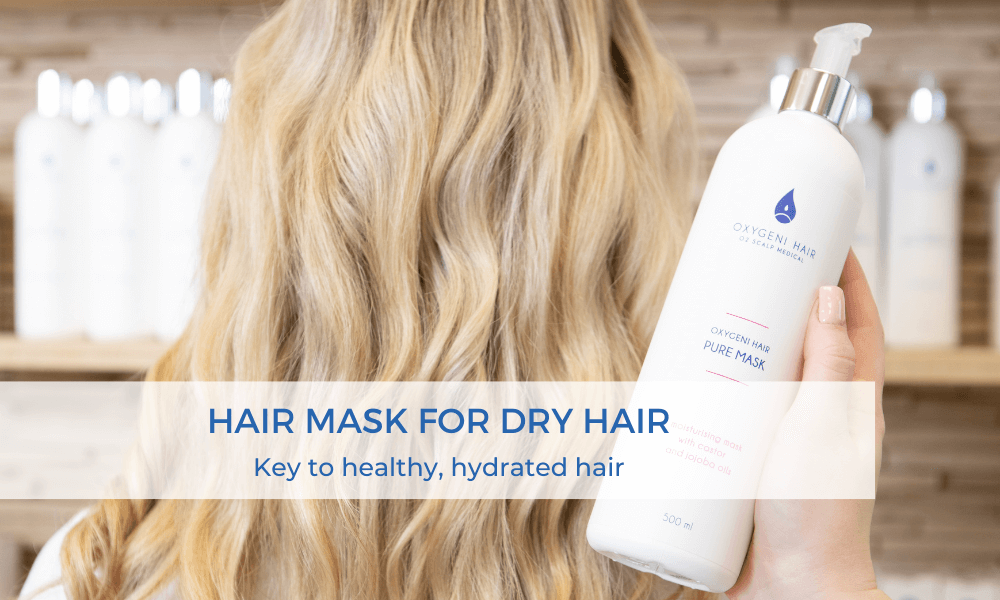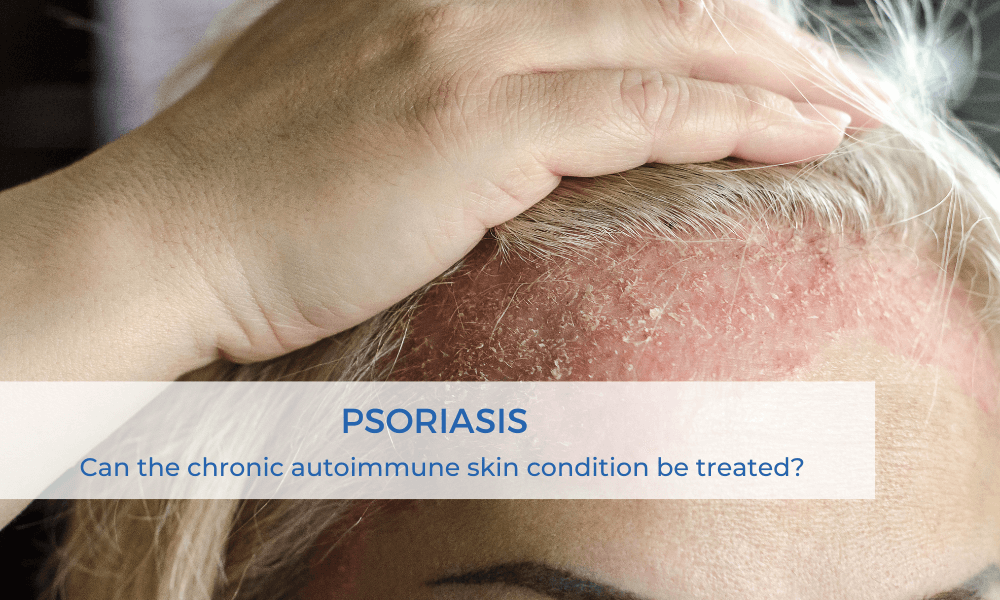
Psoriasis - Can the Chronic Autoimmune Skin Condition Be Treated?
WHAT IS PSORIASIS AND WHAT ARE ITS TRIGGERS?
Psoriasis is an inflammatory, autoimmune condition. It is often hereditary, occurring multiple times within families. It may occur only in adulthood, following periods of stress. In addition to stress, wearing tight clothing that constantly rubs against the skin improperly can also trigger psoriasis. Various infections, such as respiratory illnesses, can also trigger symptoms. Taking certain medications or abruptly stopping medication can also trigger psoriasis symptoms.
The symptoms of psoriasis can also occur when there are multiple intolerances present in the body. Unfortunately, several dozen intolerances can arise simultaneously, and when this happens, they can combine and lead to even more severe symptoms.
WHAT KINDS OF INTOLERANCES CAN OCCUR IN THE BODY?
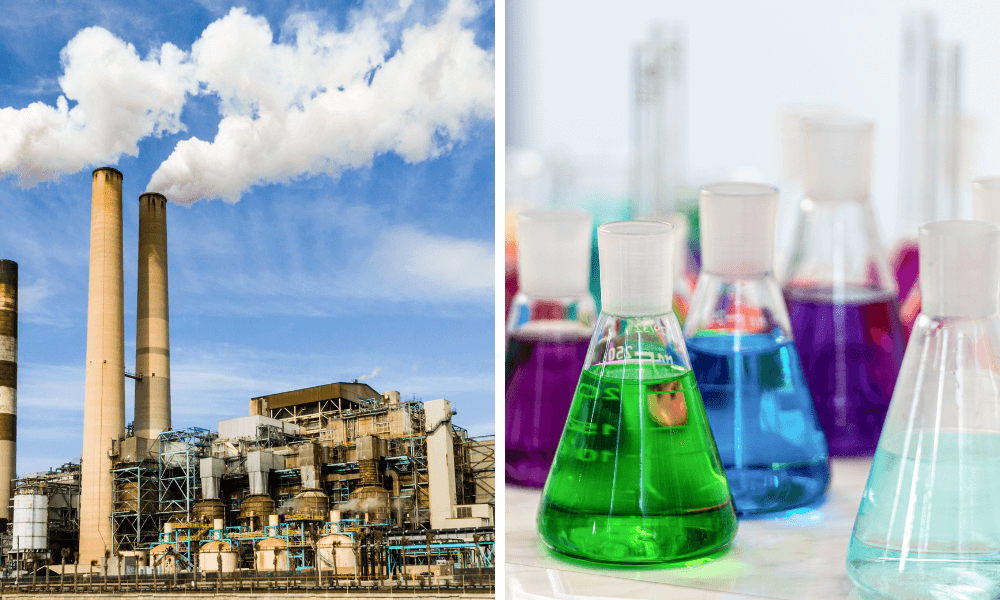
In Hungary, approximately 2% of the population is affected by the condition.
Intolerance can develop from the environment, such as air pollution, radiation, chemicals in cleaning products, ingredients in cosmetics, and insecticides. Various medications can also cause intolerance: hormone therapies, radiation treatments, antifungal medications, drugs for thyroid and autoimmune diseases, antidepressants, and weight loss pills. Intolerance can also arise from serious illnesses or their treatments: viral or bacterial diseases, allergies, genetic factors, digestive disorders, focal infections, radiation therapy, steroid treatments, hormone therapy, and dermatological treatments.
Nowadays, many people are affected by food-related intolerances: gluten sensitivity, egg and milk protein sensitivity, soy intolerance, histamine intolerance, etc. The abundance of pesticides, preservatives, and texture enhancers in food causes contamination, and our bodies gradually become saturated with these harmful substances. Intolerance can also be caused by emotional state (stress, trauma), deficiencies (vitamin deficiency, malnutrition, iron deficiency), and lifestyle factors (sedentary lifestyle, alcohol, cigarettes, excessive consumption of carbohydrates and sugar, drastic diets).
WHAT ARE THE MAIN SYMPTOMS OF PSORIASIS?
The primary sign of inflammation is the presence of psoriasis, characterized by thickening of the skin in a scaly manner, often accompanied by reddish patches around it. The cause of psoriasis development is the overactivity of T-cells. While skin cells typically grow and replace themselves over about a month, in psoriasis patients, this process takes only a few days, leading to the thickening of the skin surface. It can occur at any age, any gender, and its appearance varies in size and shape. Psoriasis can develop on any part of the body, such as the scalp, arms, elbows, and legs.
One of the main characteristics of the symptoms is that the scales can easily detach even with minor friction, leaving the skin surface sore and prone to infection.
Psoriasis symptoms are not only uncomfortable due to itching but can also cause psychological problems for patients. These aesthetic symptoms often lead to depression and low self-esteem. Therefore, it’s crucial to treat the condition with the best possible methods. It’s important to emphasize that while the symptoms may be repulsive to others, and therefore many people avoid those suffering from psoriasis, the condition is not contagious.
The symptoms have a “flare-up” period when they appear on the skin surfaces, which can last for a few weeks or months. This is followed by a “remission” period, during which the symptoms subside. At this time, the patient may be completely symptom-free. After a while, the remission period ceases, and there is no longer symptom-free period.

TYPES OF PSORIASIS
Psoriasis has several types, the most well-known being psoriasis vulgaris, characterized by red sores and patches on the skin. This type most commonly appears on the knees, elbows, and scalp.
Plaque psoriasis manifests with brighter-colored, red patches, with the surface of the sores remaining shiny. Symptoms primarily occur in skin folds (such as the armpits), and they worsen with irritation. This is the most common type of psoriasis, affecting roughly 90% of cases.
Guttate psoriasis presents with small, dot-like lesions. It usually occurs in childhood and does not involve swelling.
Pustular psoriasis is characterized by white blisters filled with pus. It primarily develops in adults and can occur anywhere on the body.
Erythrodermic psoriasis affects larger areas of the skin. Symptoms may include skin flaking, often accompanied by severe pain.
- SCALP PSORIASIS
Scalp psoriasis is often mistaken for dry dandruff, as it also involves itching and dryness. Dermatologists usually recommend medication for psoriasis treatment since it is a very stubborn, recurrent skin problem. In the long run, strong medications can harm skin immunity and have no beneficial effects on the body.
- SYMPTOMS ON OTHER AREAS OF THE SKIN
Psoriasis on the skin surface often spreads to other parts of the body and can cause dryness and inflammation. In rare cases, the inflamed sores can cover the entire body, leading to complete hair loss for the patient. Cosmetic oxygen therapy can be used to treat skin surfaces.

PSORIASIS TREATMENT
Oxygen therapy delivers nearly 70 different active ingredients deep into the cells, allowing the treatment to work at the cellular level.
Oxygen therapy can be applied to the scalp and the entire body. With this method, the symptoms of psoriasis can be gently alleviated. In addition to its cell-renewing effects, oxygen also provides the necessary nutrient supply for the renewed cell function.
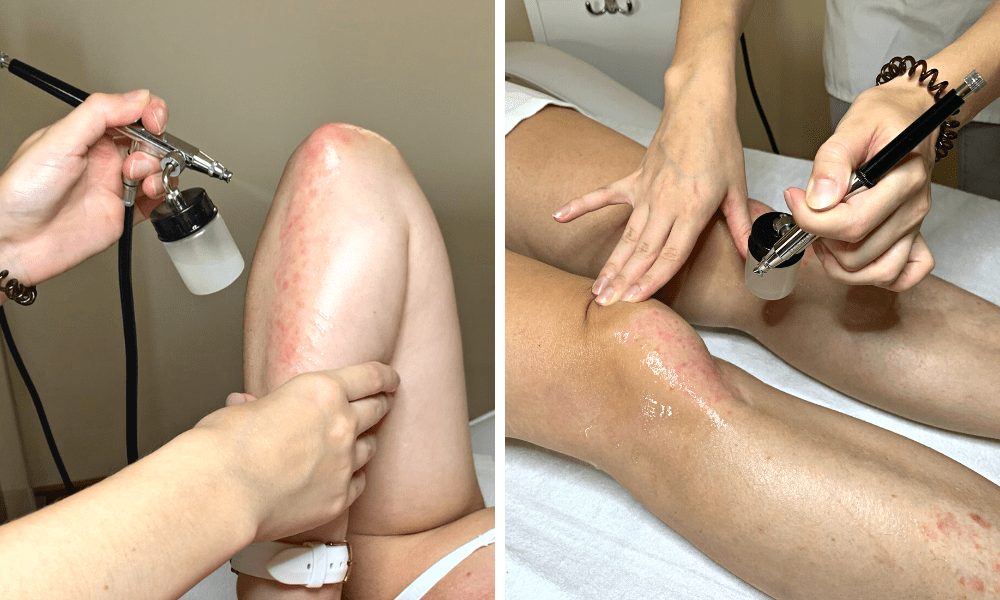
Oxygen therapy is not light-sensitive and can be performed in the summer. It has no side effects, unlike many other strong medications. Psoriasis can be treated with oxygen therapy even during pregnancy.
Typically, 5-10 sessions combined with home hair care routines are sufficient for treatment, but in severe cases, additional sessions may be necessary.
The results are astounding: over five years, we have treated more than 500,000 scalps, with the number of contraindications being less than 0.1%, and the expected success rate of the treatment being 97%! We have achieved tremendous success even with complex conditions like psoriasis.
RESULTS OF OXYGEN THERAPY
Unfortunately, there is no permanent cure for psoriasis yet, but the condition of patients can be greatly improved by alleviating the symptoms.
The well-known Harkány thermal water, familiar to many, also proves its effectiveness in dermatology. Both the medicinal water and saline water have been medically proven to alleviate the symptoms of psoriasis. The thermal water contains compounds and minerals that strengthen the skin’s immunity. Thanks to the nearly 1000 milligrams of minerals per liter in the sulfur thermal water, it can easily exert its beneficial effects on the skin.
One of the products of Oxygeni Hair, called H2O Thermal, is made from this special active ingredient thermal water and is suitable for local treatment. If we cannot visit the sea or bathe in thermal water, this product can also be useful. By using it, we can deliver the appropriate amount of vitamins and minerals to the skin, helping to reduce the unpleasant symptoms of psoriasis.
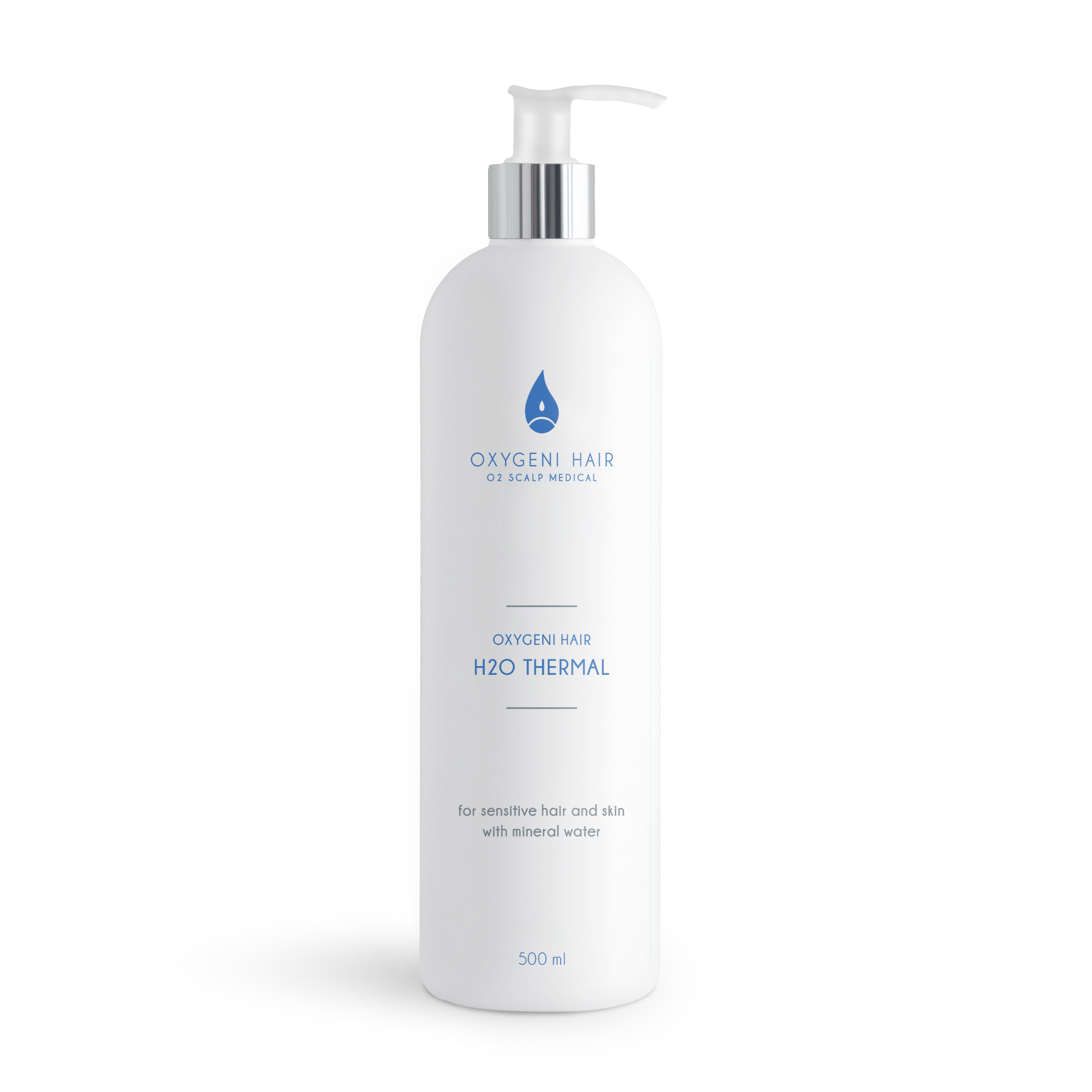
H2O Thermal
Oxygeni Hair H2O Thermal mineral complex delivers a uniquely large amount of minerals and vitamins to the skin and hair contributing to their health and revitalization.

During treatments and home care, the medicinal water used is sourced from the unique composition of the Harkány spring, and uniquely, we preserve it within 24 hours, ensuring the highest possible mineral content. Other companies cannot achieve this kind of artisanal production mechanism and provide such high nutrient content.
In the long run, it is important to replace our hair and skincare products with chemical-free, natural, 100% vegan ingredients. For those suffering from psoriasis, it is particularly important to care for their skin and scalp with appropriate products. With a well-designed routine, the disease can even be made symptom-free. Oxygeni Hair and Oxygeni Skin products are rich in vitamins, minerals, and trace elements, thanks to their chemical-free composition, they provide maximum care for the skin and scalp.
CHANGE YOUR LIFESTYLE FOR HEALING!
Symptoms can be reduced with a proper lifestyle, so it’s worth paying attention to nutrition, exercise, and maintaining a healthy weight consciously. It’s important to avoid stressful situations as much as possible and try to live our daily lives in a balanced way. It’s worth identifying all intolerances so that we can eliminate them from our lives in the best possible way.
Stress management is a personal matter for everyone. It’s worth experimenting to find out which techniques work best and apply them in the future. Exercise can help a lot, such as running, walking, or cycling. During exercise, endorphins are released, which are also called happiness hormones. Meditation and relaxation methods are particularly popular stress management techniques: breathing exercises, yoga, meditation. Such activities help clear the mind and relax. These techniques require practice, and over time, the exercises can be performed more and more effectively. Creative activities, such as painting, creating, drawing, or crafting, can also help maintain everyday tranquility.

Diet can greatly improve our health and help reduce the symptoms of psoriasis. Following an anti-inflammatory diet can help fight many diseases: type 2 diabetes, autoimmune diseases, asthma, inflammatory bowel diseases, and chronic pain. Nutrition plays a prominent role in overcoming diseases and inflammation. In this diet, there are foods worth avoiding, such as red meats, processed foods, alcohol, margarine, and fried foods. It’s advisable to consume more anti-inflammatory foods: vegetables, nuts, oily fish, fruits, and herbs.
Strive to consume unprocessed foods rather than processed ones, and aim for as many fresh and healthy foods as possible. With healthy eating, not only can inflammation be reduced, but also the quality of life can be improved!
CELEBRITIES WHO STRUGGLE WITH PSORIASIS
Several celebrities openly acknowledge their struggles with psoriasis.
Kim Kardashian has become completely confident over the years and is no longer bothered by the appearance of psoriasis symptoms on her face or any other area of her skin.
Cara Delevingne felt ashamed of her psoriasis symptoms for many years; in her childhood, people were afraid to touch her and judged her because of her skin condition. Today, she openly embraces her psoriasis, even choosing to wear outfits at the MET Gala that expose her skin flaws.
Leann Rimes has been battling psoriasis since the age of 2. The autoimmune disease greatly affected her childhood both mentally and physically. Nowadays, she practices a lot of yoga, meditation, and strives to live a stress-free life, which significantly contributes to her improvement.
REVIEWS ABOUT THE OXYGEN THERAPY AND THE OXYGENI HAIR PRODUCTS



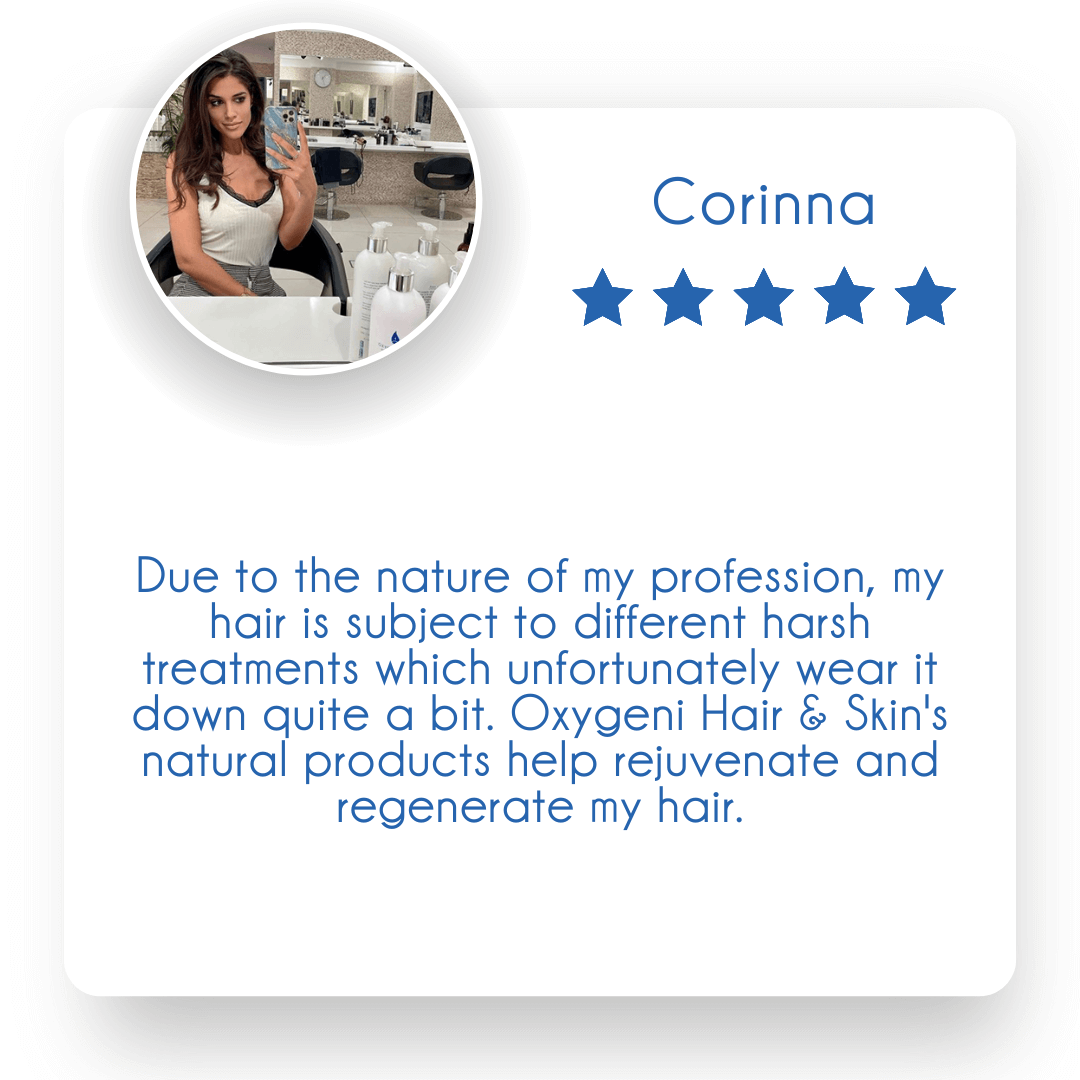
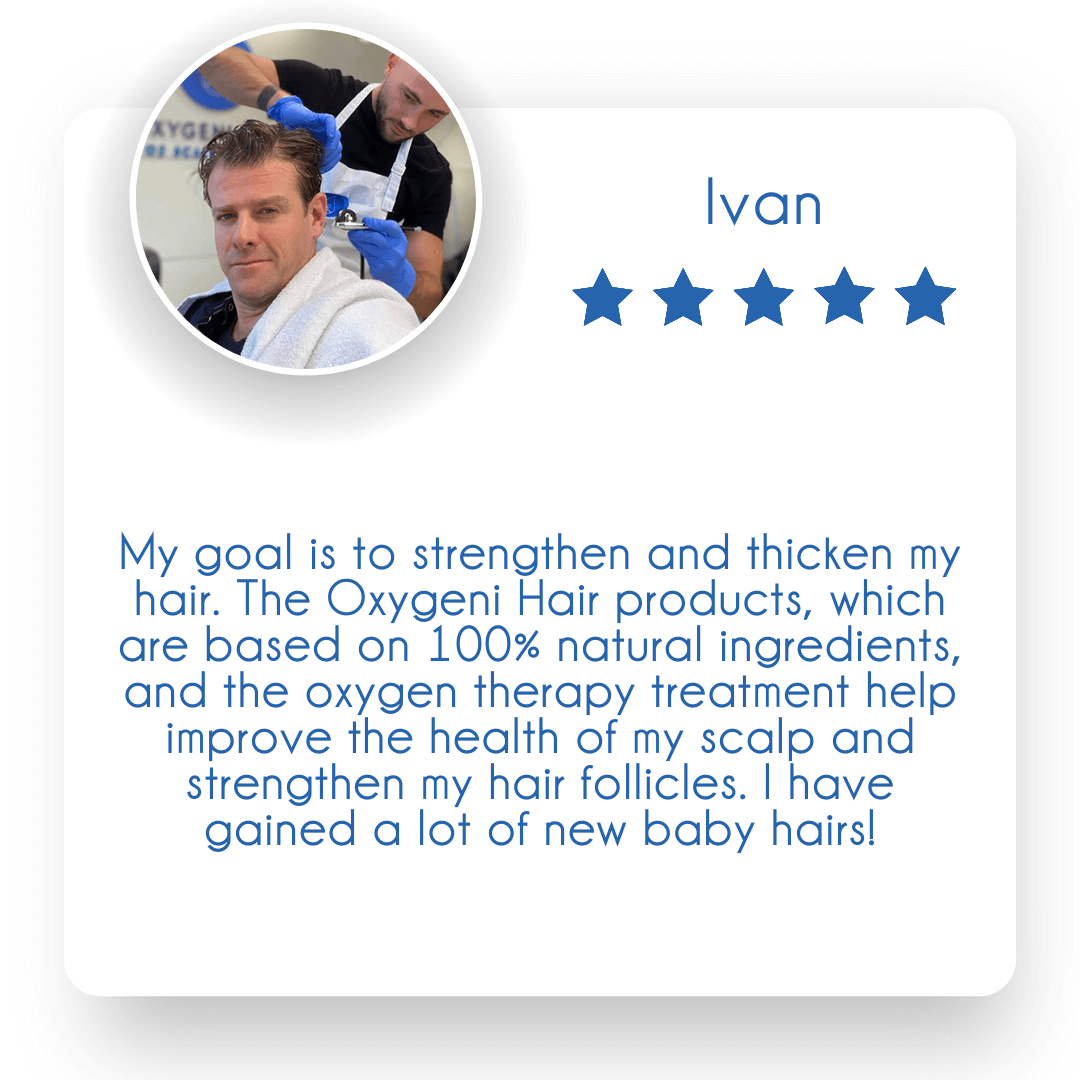
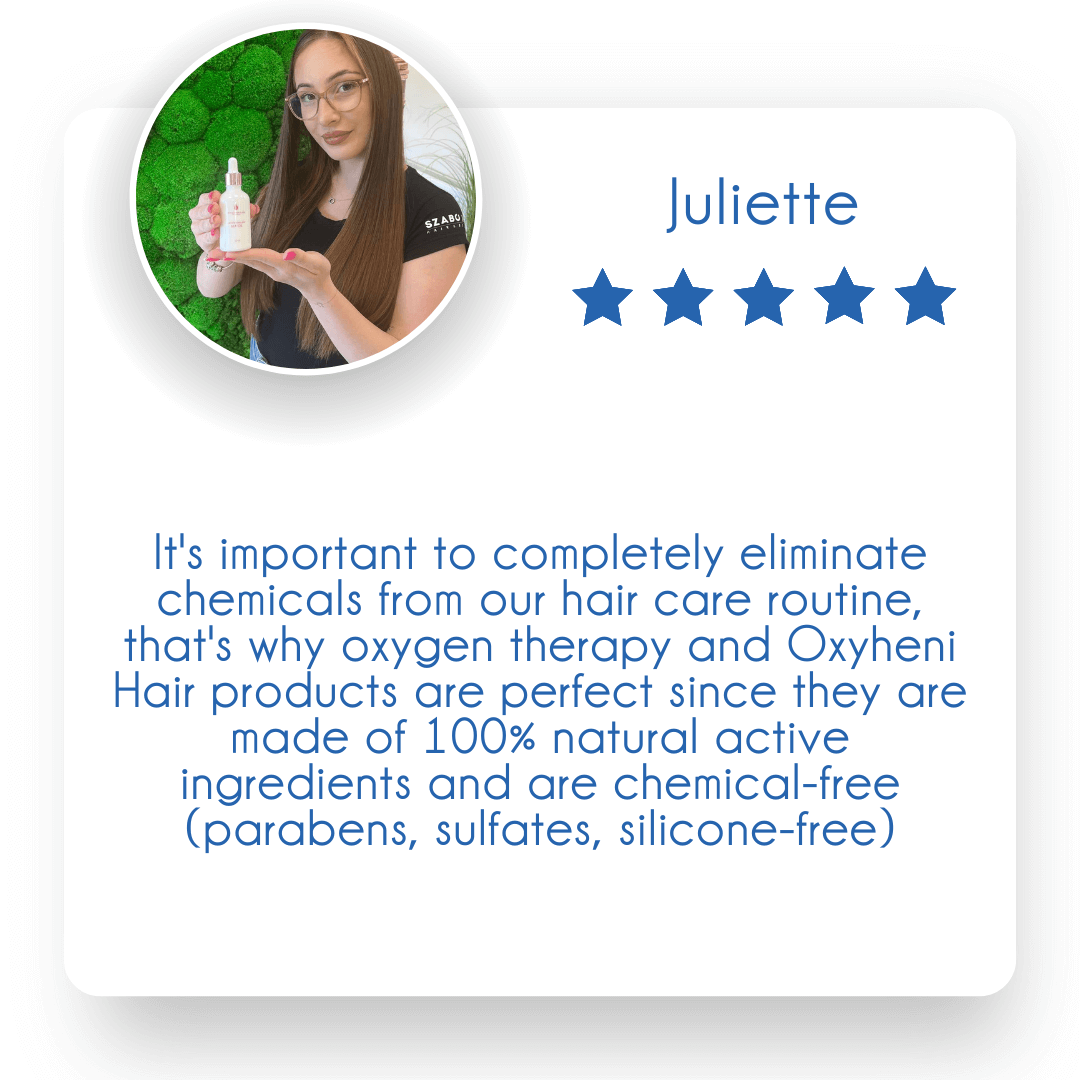
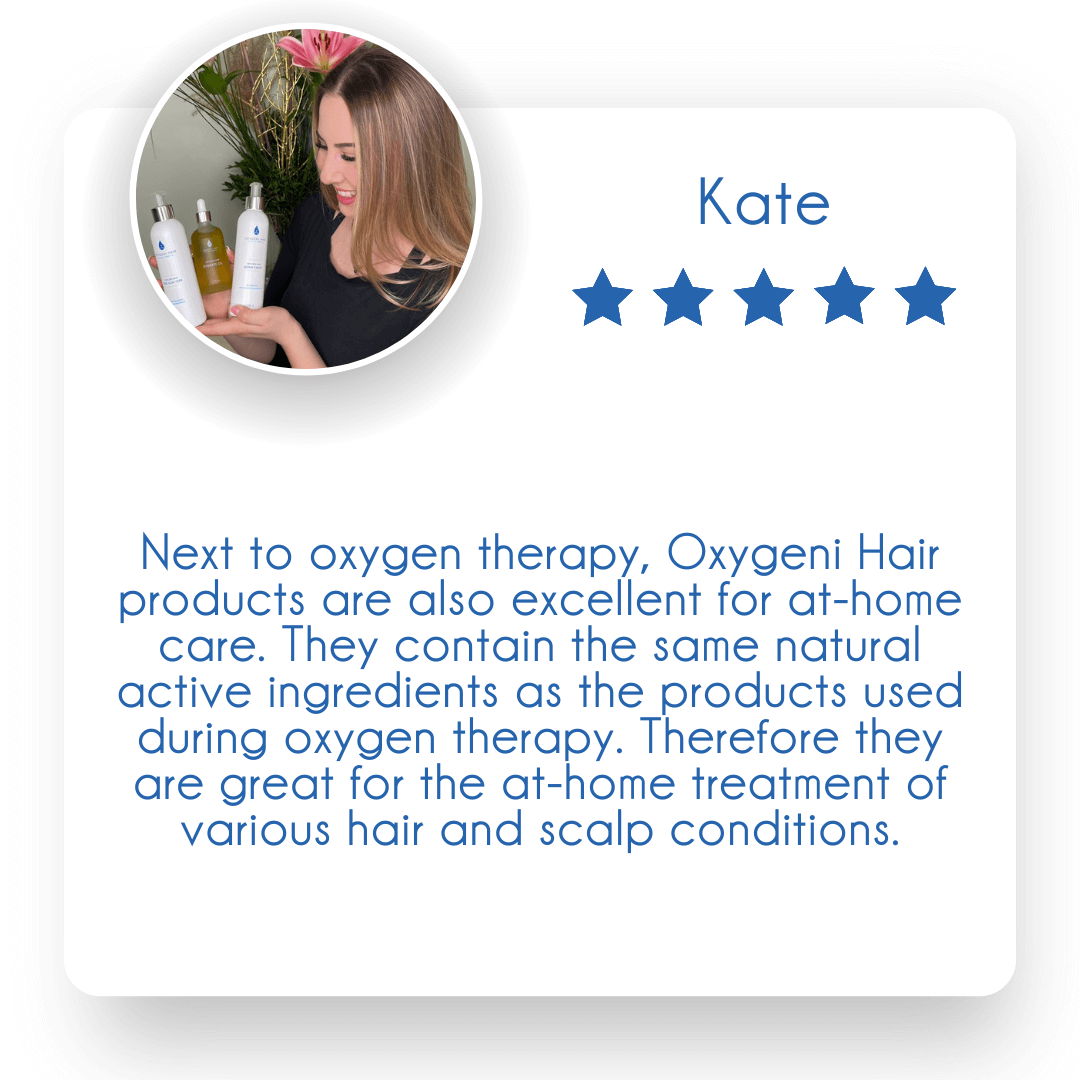
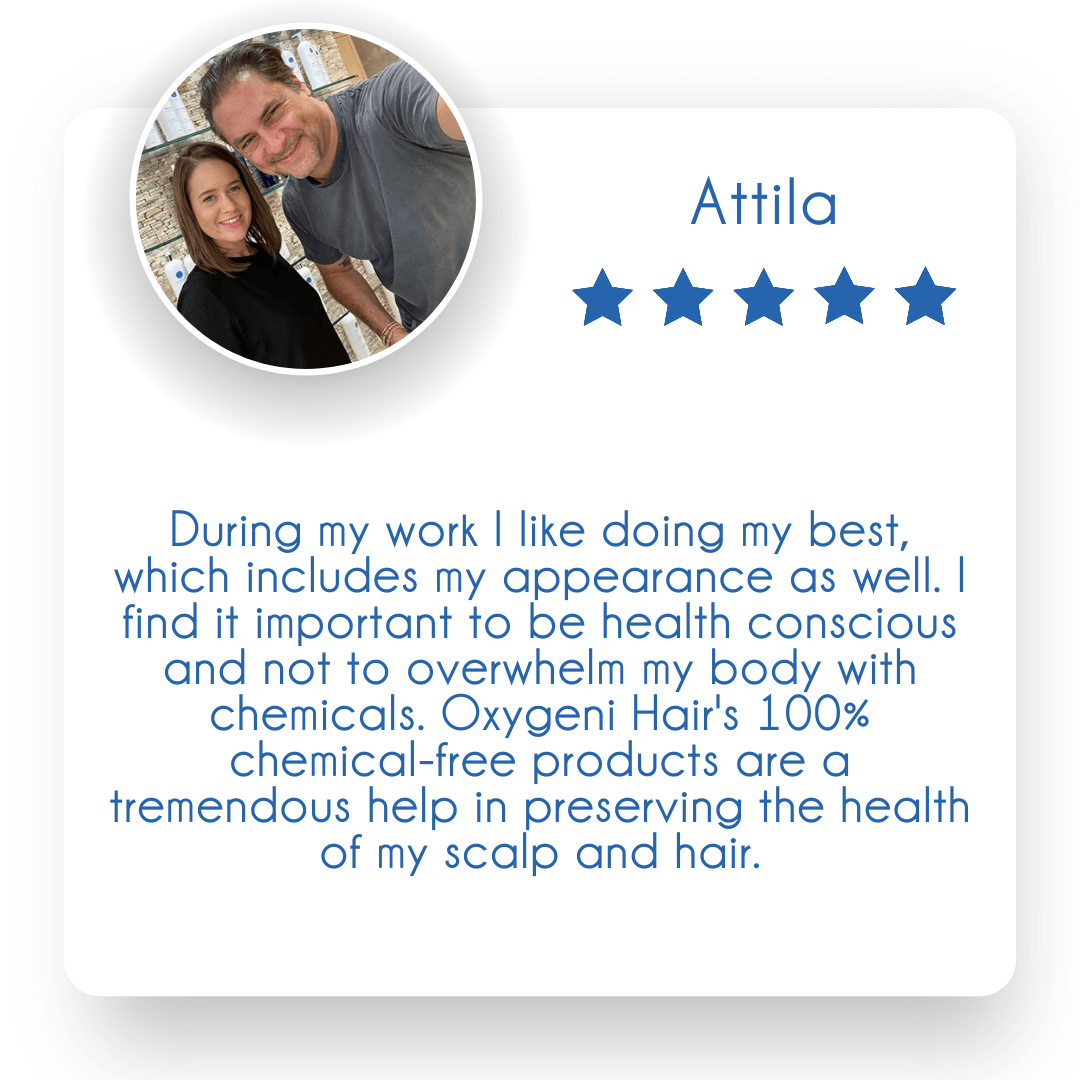
Follow us on our social media platforms!
